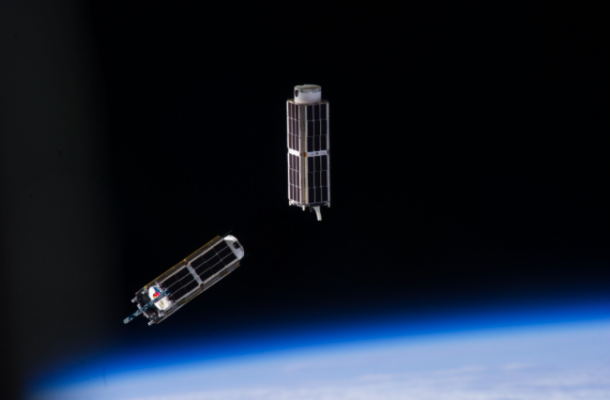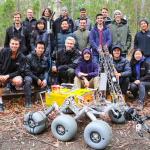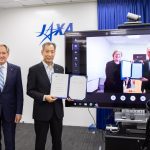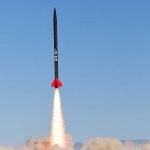Saber Astronautics selected for spaceflight mission

Saber Astronautics has been awarded a satellite operations contract with the newly established Training Centre for CubeSats, UAVs and Their Applications (“CUAVA”).
The CUAVA program includes multiple CubeSat space flights over the next four years and is funded under a $5m research grant with the Australian Research Council.
Under this contract, Saber Astronautics supports flight software, satellite integration, test, and mission control. Saber Astronautics will provide 3 Months of continual spacecraft operations of the first 3kg satellite, called “CUAVA-1” from their “Responsive Space Operations Center” (RSOC) mission control centres in Sydney Australia and Boulder Colorado. Saber Astronautics also support the CUAVA partners in training on new methods of space operations.
Professor Iver Cairns, the Director for CUAVA, said this is a very exciting opportunity for both CUAVA and Saber Astronautics.
“Together we are going to develop a spacecraft control, data management and ground-station solution that links to our new spacecraft software. This could also provide a template for many future Australian space projects. It is an example of two Australian entities coming together to develop an Australian solution to a global problem.”
CUAVA-1 carries experiments developed by researcher teams from multiple universities and partner organisations. Experiments also include commercial products from several Australian local suppliers that have never flown before.
Dr Jason Held, Saber Astronautics CEO notes the challenges ahead come with rewards.
“CubeSats are small, susceptible to damage, and prone to failure so the willingness to take a risk and learn-by-trying is what innovation is all about. The reward is high because a successful flight will qualify several new Australian products for the space industry. That’s exciting.”
The contract also involves assistance to ground station development, which will help pave the way forward for standardised operations for multiple Australian and international spacecraft – using existing and future ground station networks and standardised protocols.
“We encourage amateur radio operators around the World to tune in and receive data from CUAVA-1”, notes Saber’s lead avionics engineer Mr. Andreas Antoniades. “Our infrastructure will allow for maximum international engagement and increases the chances for successful downlink, particularly in the first few days of launch”.








